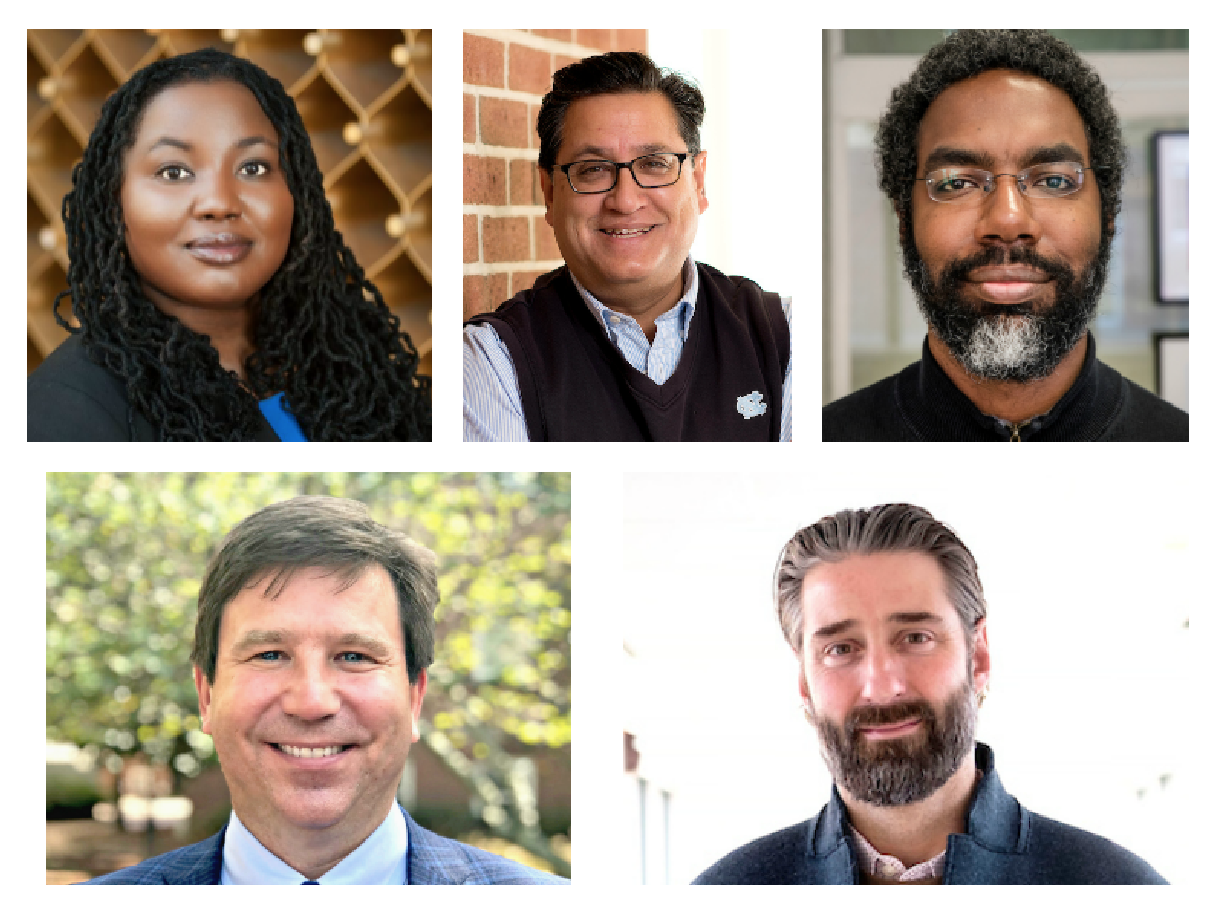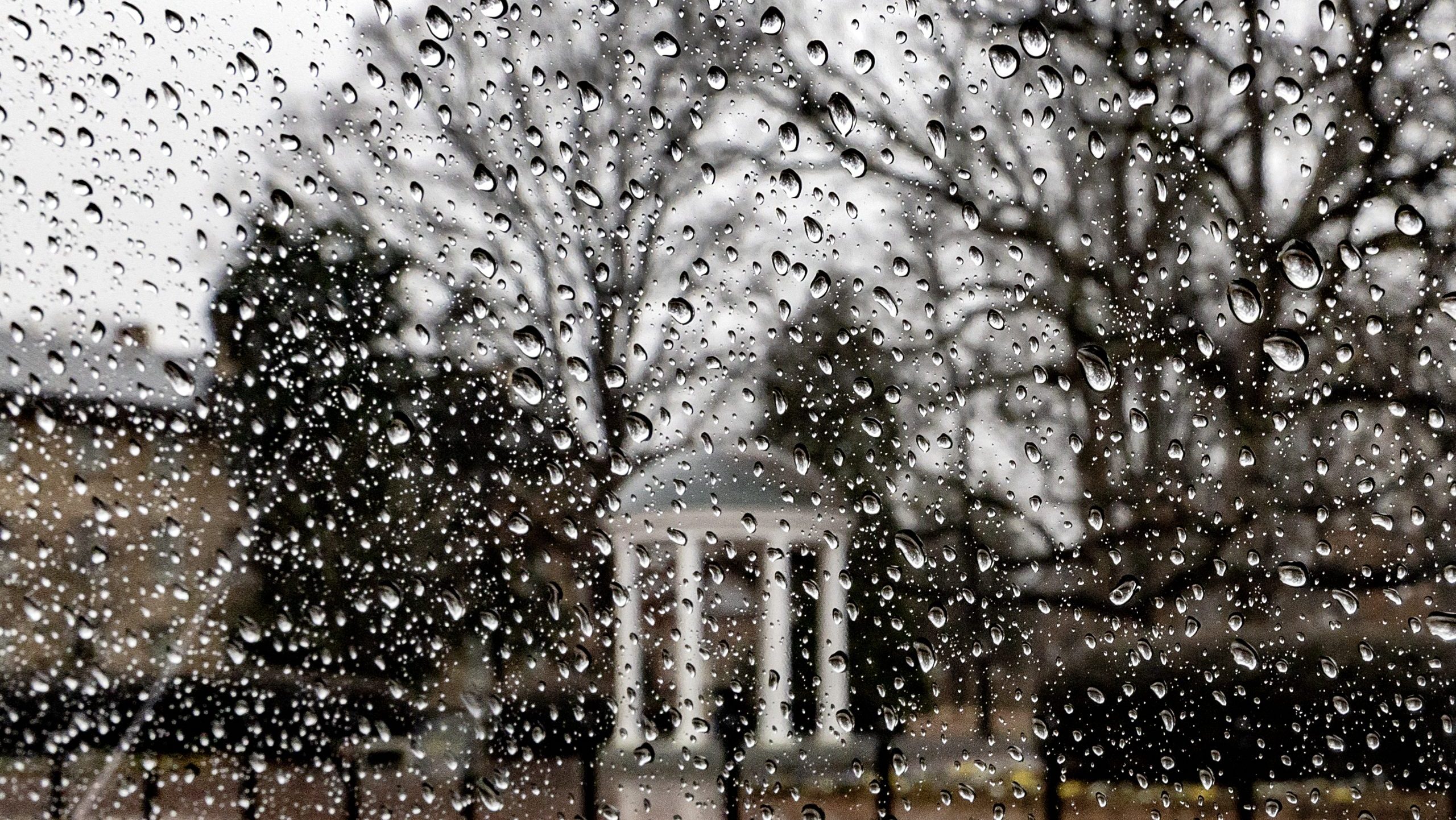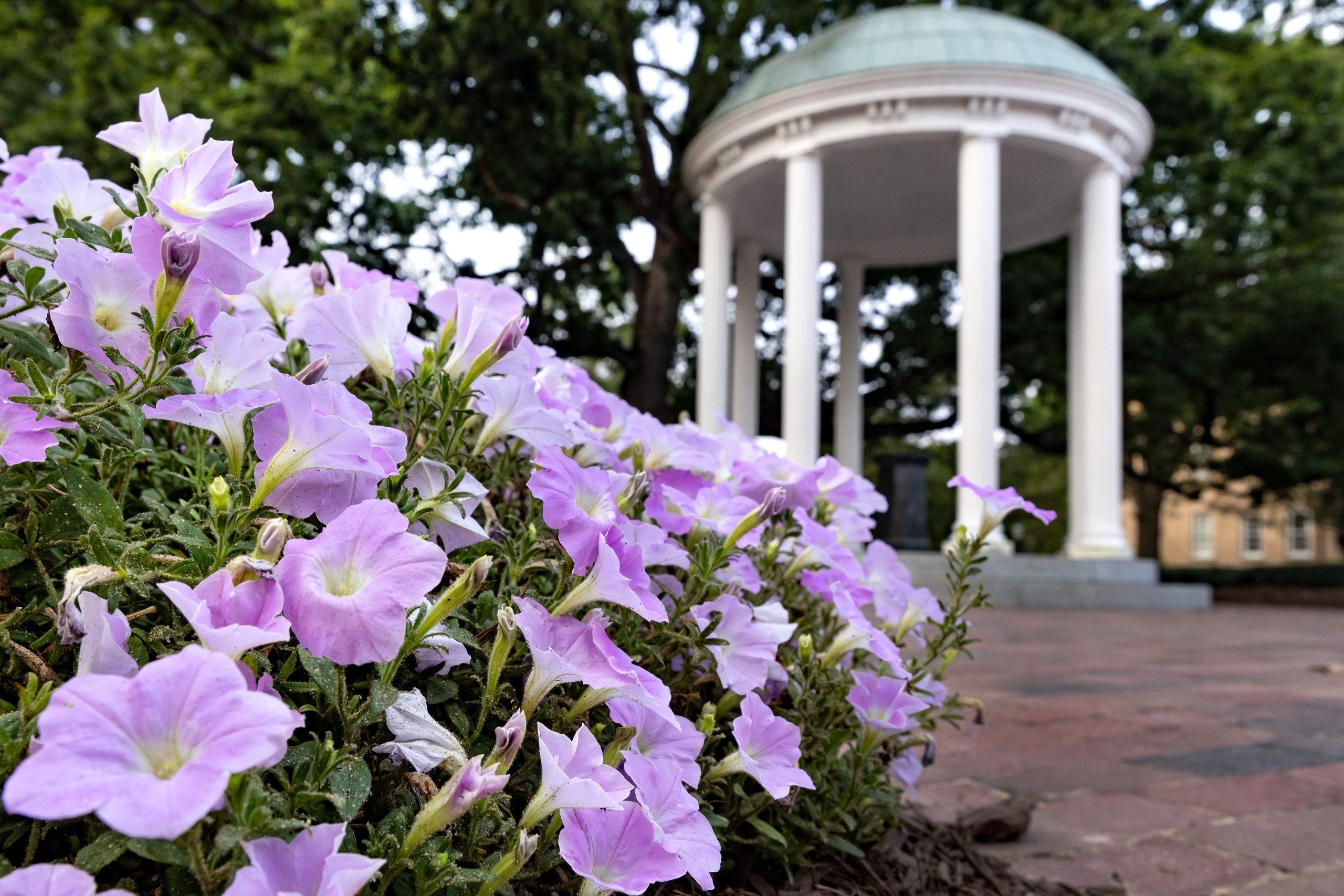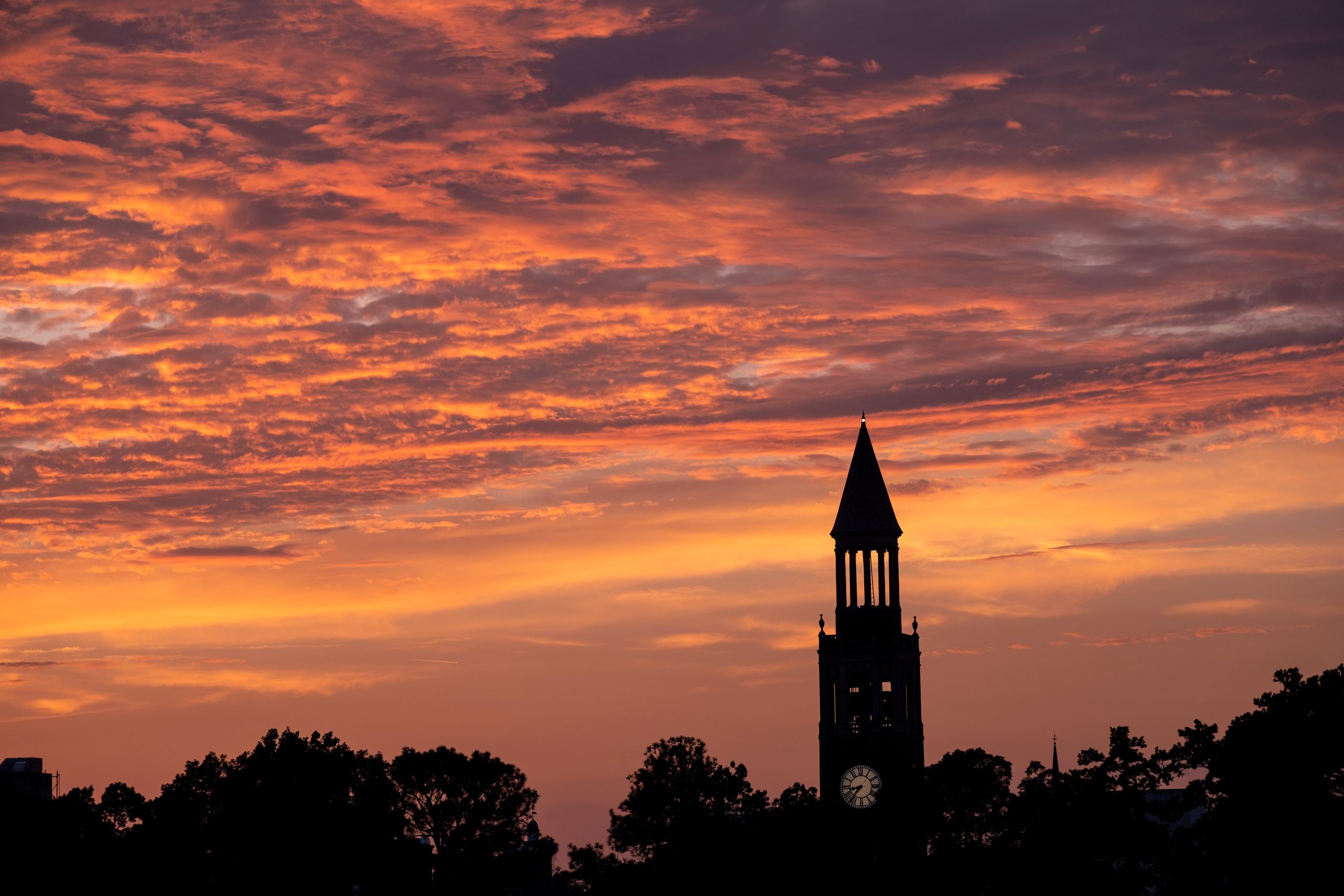UNC-Chapel Hill experts available for interviews ahead of the November 2020 election
Experts can discuss election rhetoric, social media impacts on American elections and more

Experts at the University of North Carolina at Chapel Hill are available for interviews on a variety of angles around the 2020 election cycle. Researchers can discuss topics such as:
- Why recent social movements may engage more young Black voters;
- Effects of politicized and polarizing rhetoric on voters;
- How social media influences American elections.
To speak with any of the listed experts, please email mediarelations@unc.edu or call 919-445-8555.
Shauna Cooper is an associate professor of psychology and neuroscience with expertise in family processes and youth development, especially for Black children and families. Cooper can discuss how parents facilitate thoughtful, informed conversations with children and teenagers about race. She can explain how families navigate political and social events, including how recent social justice movements impact children and the political engagement – such as voting – of Black young adults.
Paul Cuadros is an associate professor with the Hussman School of Journalism and Media. An award-winning investigative reporter and author, Cuadros has focused his reporting on issues of race and poverty in America for the last 20 years. He can discuss immigration issues, how social media influences American elections and the effects of rhetoric on voters. He can also discuss how minority communities are approaching the election, in particular Latinx communities in North Carolina and across the South.
Associate Professor Deen Freelon is an expert in social media and election-related disinformation who teaches in the Hussman School of Journalism and Media. His expertise has been cited in The Atlantic, Lawfare and several other outlets. He can explain how data science demonstrates impacts of social media, rhetoric, and disinformation on elections. He can also discuss how social movements impact voting.
Marc Hetherington is a political scientist who can discuss polarization in American politics and public trust in government. His most recent research surveying American voters takes a closer look at how political leaders can shape public perception of coronavirus and how the November 2020 election cycle could be detrimental to public health in the wake of a second wave of COVID-19.
Hussman School of Journalism and Media Associate Professor Daniel Kreiss studies how emerging technologies and social media impact politics, elections and civic affairs. Most recently, his expertise is cited in The New York Times, Yahoo Finance, The Washington Post among several other outlets. Kreiss can discuss social media content moderation policies, their impact on the electorate, and the role of social media in campaigns.
Journalists who wish to connect with listed experts can email mediarelations@unc.edu or call 919-445-8555.
– Carolina –
About the University of North Carolina at Chapel Hill
The University of North Carolina at Chapel Hill, the nation’s first public university, is a global higher education leader known for innovative teaching, research and public service. A member of the prestigious Association of American Universities, Carolina regularly ranks as the best value for academic quality in U.S. public higher education. Now in its third century, the University offers 77 bachelor’s, 107 master’s, 65 doctorate and seven professional degree programs through 14 schools including the College of Arts & Sciences. Every day, faculty, staff and students shape their teaching, research and public service to meet North Carolina’s most pressing needs in every region and all 100 counties. Carolina’s 336,392 alumni live in all 50 states, the District of Columbia, U.S. Territories and 164 countries. More than 182,182 live in North Carolina.
University Communications: Media Relations, 919-445-8555, mediarelations@unc.edu


